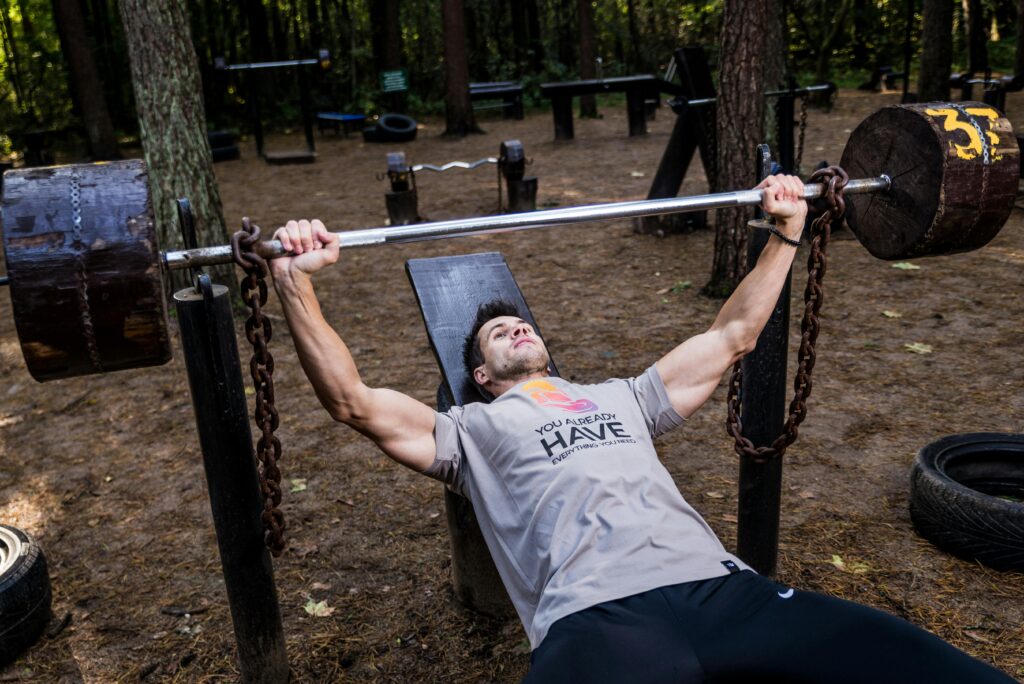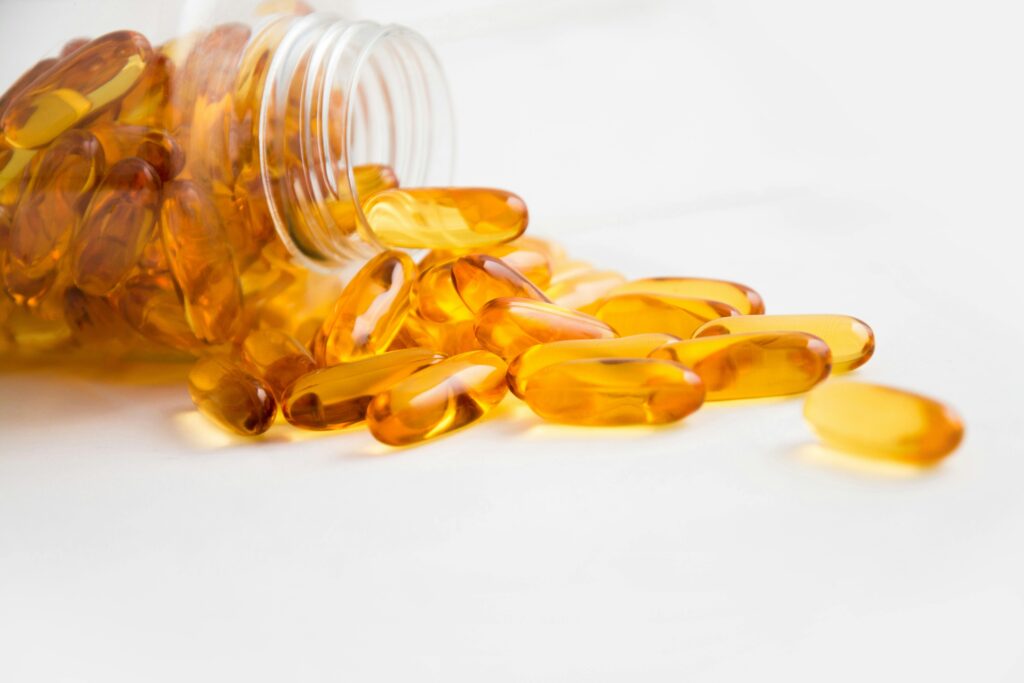Optimal performance in athletics isn’t just about rigorous training and physical prowess. Proper nutrition plays a crucial role in enhancing an athlete’s performance, aiding in recovery, and maintaining overall health. Understanding what and when to eat can significantly impact your ability to train effectively and compete at your best. Here’s a comprehensive guide to essential dietary strategies for fueling your athletic performance.

The Basics of Sports Nutrition
- Macronutrients
- Micronutrients
- Pre-Workout Nutrition
- During Workout Nutrition
- Post-Workout Nutrition
- Daily Nutrition for Athletes
- Special Considerations
- Tips for Success
- Conclusion
Macronutrients
Micronutrients
Carbohydrates: The primary source of energy for athletes. They fuel your muscles and brain, especially during high-intensity activities. Focus on complex carbs like whole grains, fruits, and vegetables.
Iron: Vital for oxygen transport in the blood. Found in red meat, leafy greens, and legumes.
Calcium: Important for bone health and muscle function. Found in dairy products, fortified plant milks, and leafy greens.
Proteins: Essential for muscle repair and growth. Incorporate lean proteins such as chicken, fish, eggs, legumes, and dairy into your diet.
Vitamin D: Enhances calcium absorption and supports immune function. Found in fatty fish, fortified foods, and synthesized through sunlight exposure.
Fats: Necessary for hormone production and overall energy. Choose healthy fats from sources like avocados, nuts, seeds, and olive oil.
Antioxidants: Help reduce inflammation and oxidative stress. Found in fruits, vegetables, nuts, and seeds.

Pre-Workout Nutrition.
- Timing
- Composition
- Hydration
Timing
Eat a balanced meal 2-3 hours before your workout. This allows your body to digest and utilize the nutrients effectively.
Composition
Include a mix of carbohydrates for energy, proteins for muscle support, and a small amount of healthy fats.
Hydration
Drink water throughout the day and have 16-20 ounces of water 2 hours before exercising.
During Workout Nutrition
- Hydration
- Carbs
Hydration
Maintain hydration by drinking water every 15-20 minutes, especially during intense or long-duration activities.
Carbs
For activities lasting longer than an hour, consume easily digestible carbs to maintain energy levels.
- Example: Sports drinks, gels, or bananas.
Post-Workout Nutrition
- Timing
- Composition
- Hydration
Timing
Consume a recovery meal or snack within 30-60 minutes after your workout to replenish glycogen stores and repair muscles.
Composition
Focus on carbohydrates and proteins in a 3:1 ratio for optimal recovery.
- Example: A smoothie with protein powder, banana, and spinach.
Hydration
Rehydrate with water or an electrolyte drink, especially if you’ve sweated a lot.

Daily Nutrition for Athletes
- Balanced Diet
- Meal Frequency
- Hydration
Balanced Diet
Aim for a well-rounded diet that includes a variety of nutrient-dense foods.
Meal Frequency
Eating smaller, more frequent meals can help maintain energy levels and support muscle repair.
Hydration
Drink water consistently throughout the day. The amount needed can vary based on activity level, climate, and individual needs.

Special Considerations
- Supplements
- specific Diets
Supplements
While whole foods should be the primary source of nutrients, supplements can be beneficial for some athletes. Common supplements include protein powders, branched-chain amino acids (BCAAs), creatine, and multivitamins. Always consult with a healthcare provider before starting any supplement regimen.
Specific Diets
Athletes with specific dietary preferences or restrictions (e.g., vegetarian, vegan, gluten-free) should plan carefully to ensure they get all necessary nutrients.

Tips for Success
Plan Ahead: Prepare meals and snacks in advance to avoid unhealthy choices when you’re busy or on the go .
Listen to Your Body: Pay attention to how different foods affect your performance and recovery. Adjust your diet accordingly .
Seek Professional Guidance: Consider working with a sports nutritionist or dietitian to tailor a nutrition plan to your specific needs and goals.
Proper nutrition is the cornerstone of athletic success. By fueling your body with the right nutrients at the right times, you can enhance your performance, speed up recovery, and maintain overall health. Remember, nutrition is a personal journey, and what works best for one athlete might differ for another. Stay informed, stay hydrated, and enjoy the journey to peak performance through optimal nutrition.
Leave a Reply